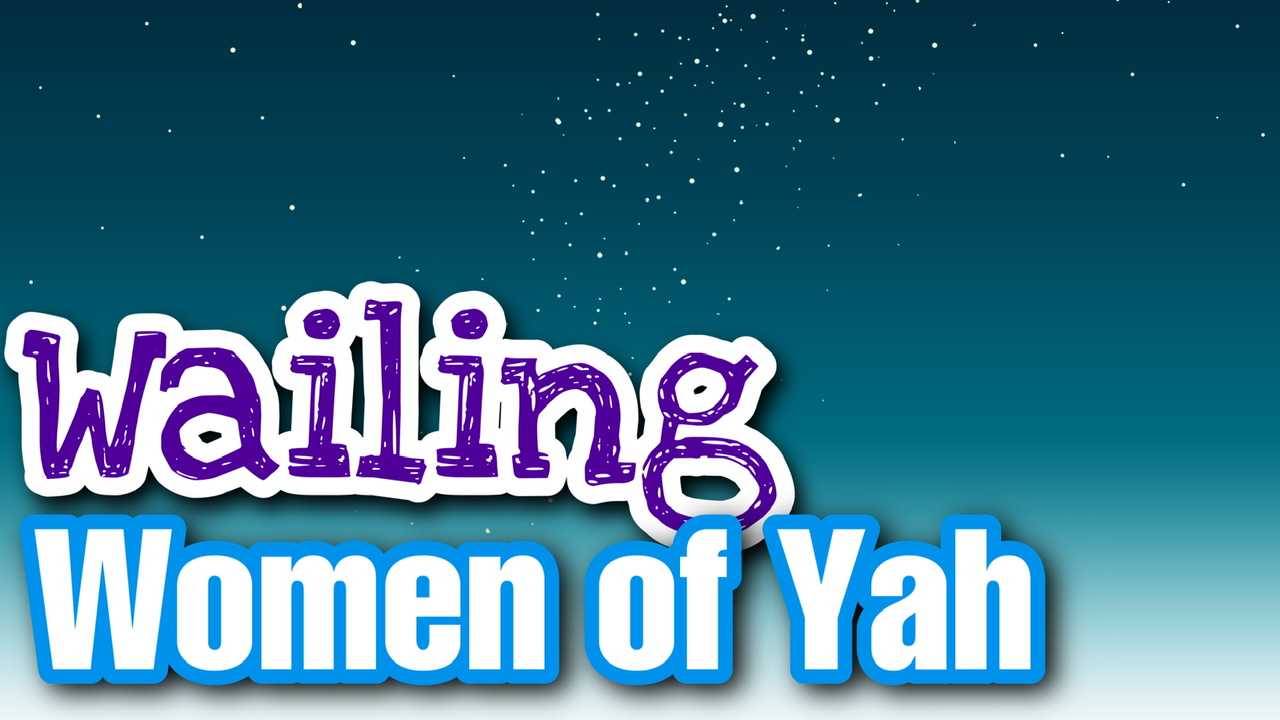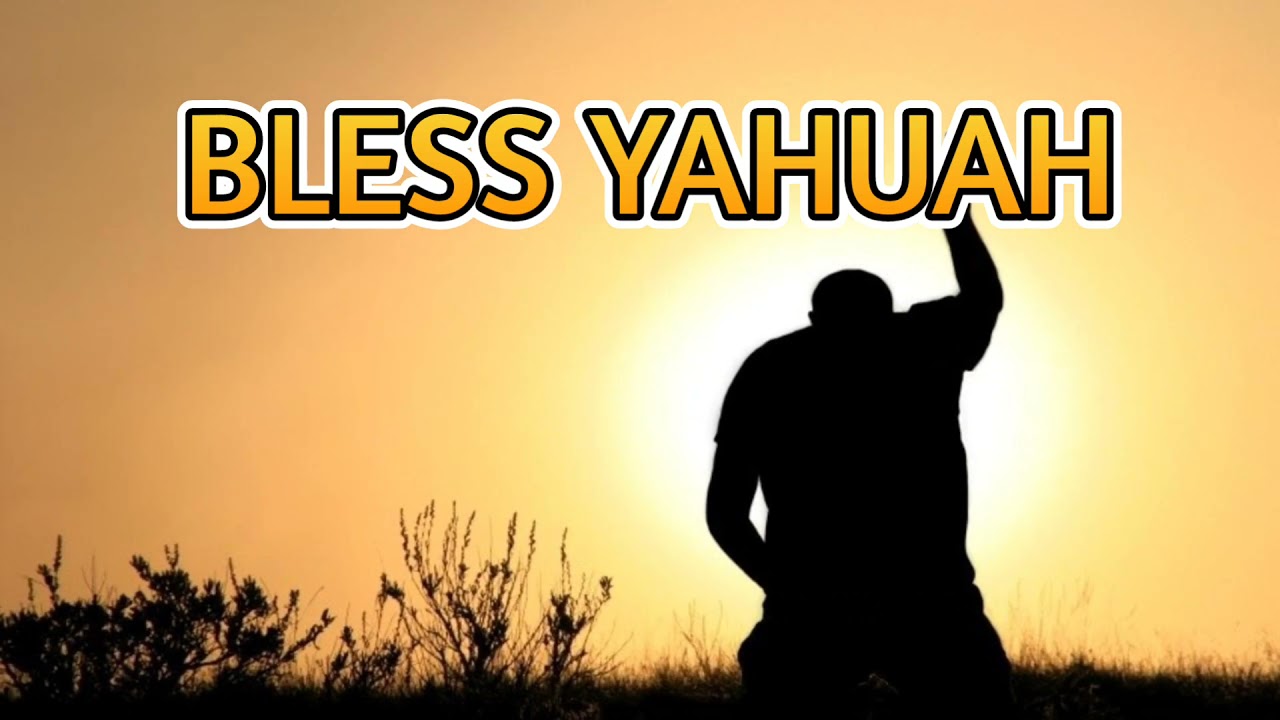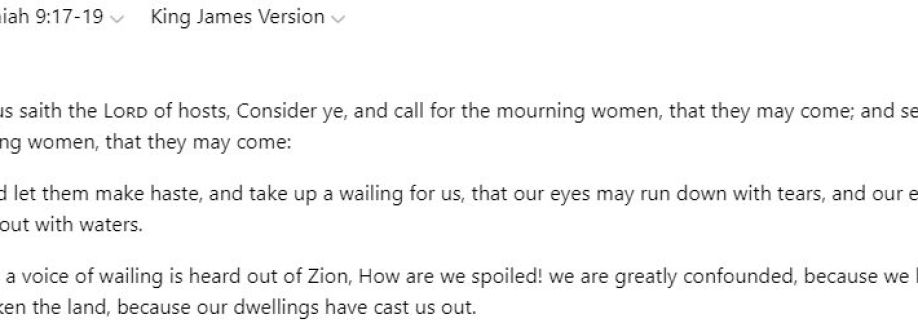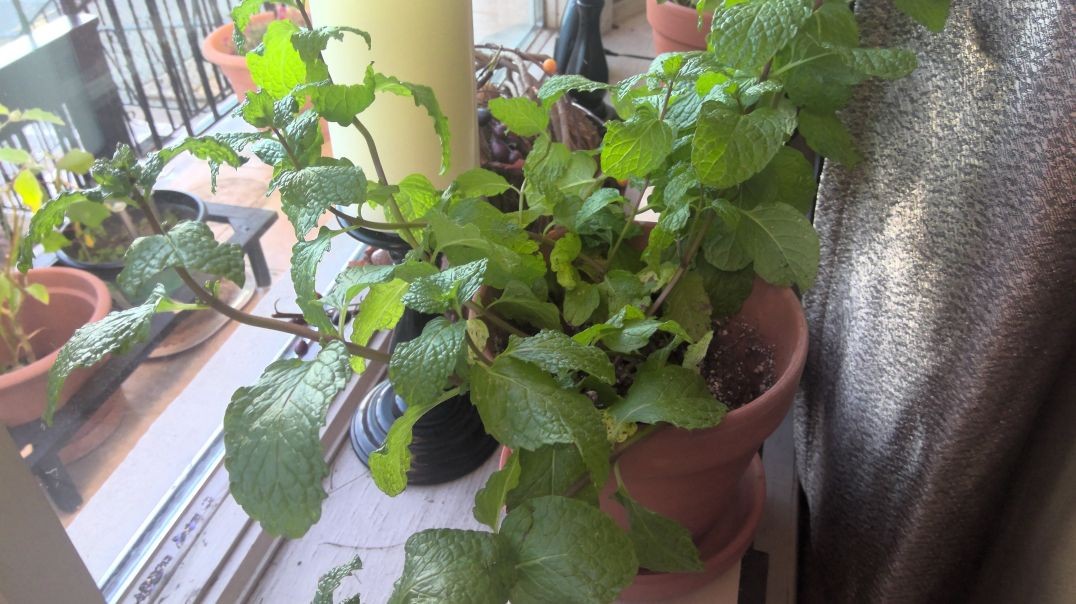Discover posts
Explore captivating content and diverse perspectives on our Discover page. Uncover fresh ideas and engage in meaningful conversations
100 BILLION US DOLLARS 💸 siphoned off to Ukrainian Khazar Nazis and the US has to “think” about reparations to The Children of Israel they enslaved!!! The US will pay 100 BILLION USD and a whole lot more before this is all over.
The Khazarian Nazim have nerve to mock the US and the western world with a special dance to remind the Taxpayers they’re getting SCREWED!
Shalom Living Tid Bit: Starting Your Indoor Gardening from achot CeeCee Yahsdaughter2
https://hctv.app/A7OTvez8Q9WSr2v
Deuteronomy 1 read by PalanahYah
of the SoulFood channel on HCTV. https://hctv.app/4ftpywhinClryJi


















